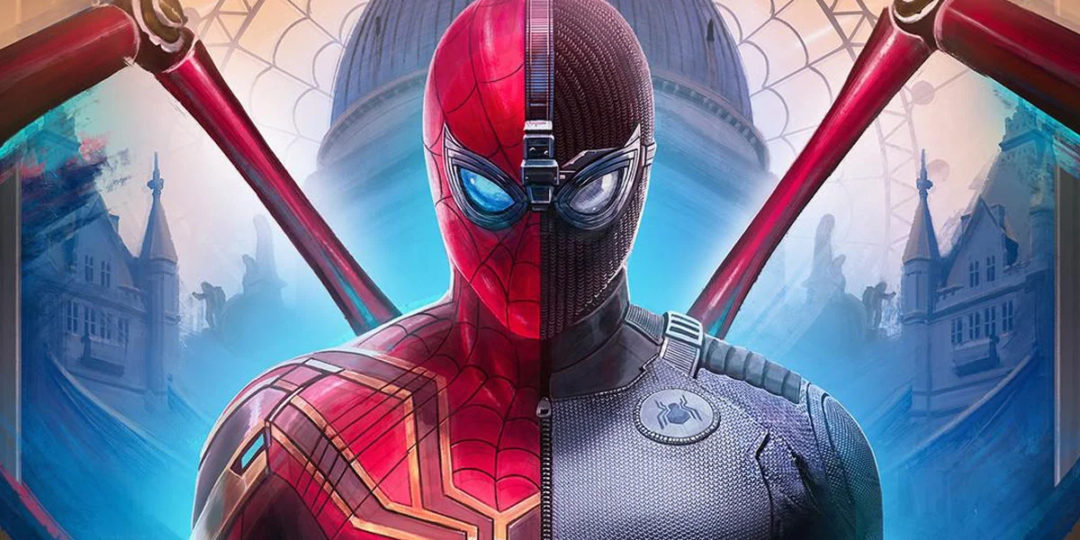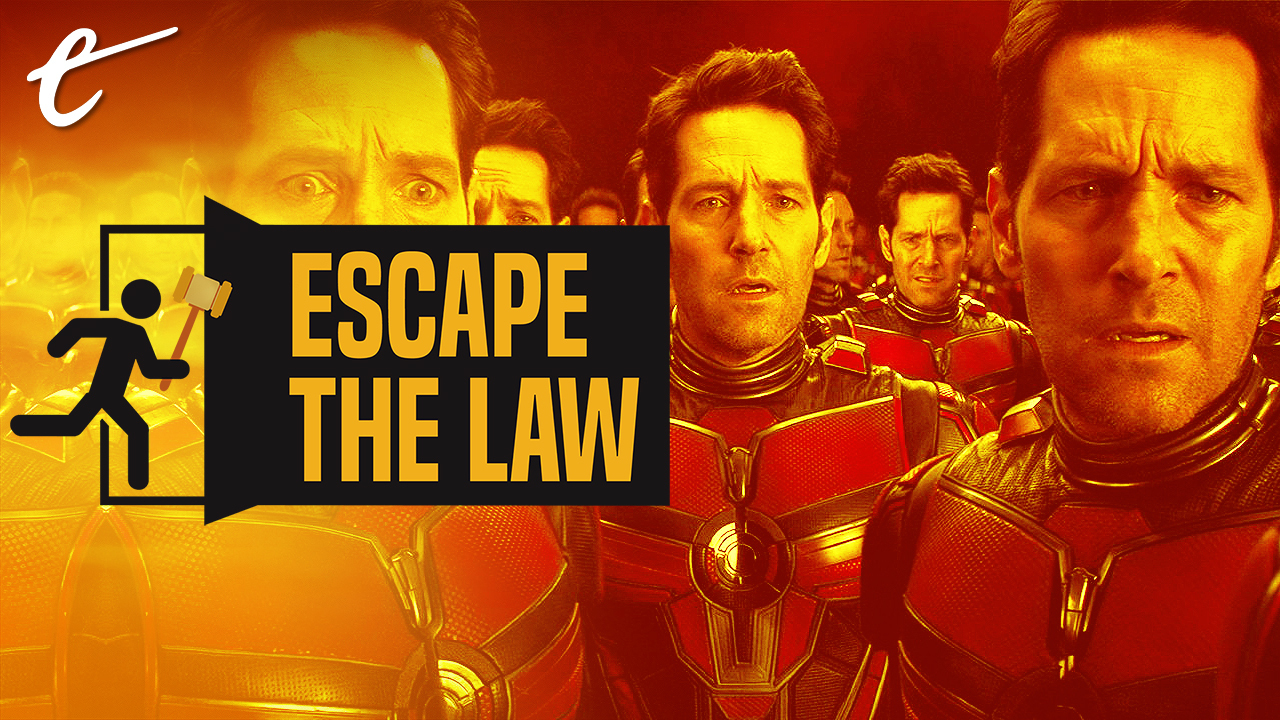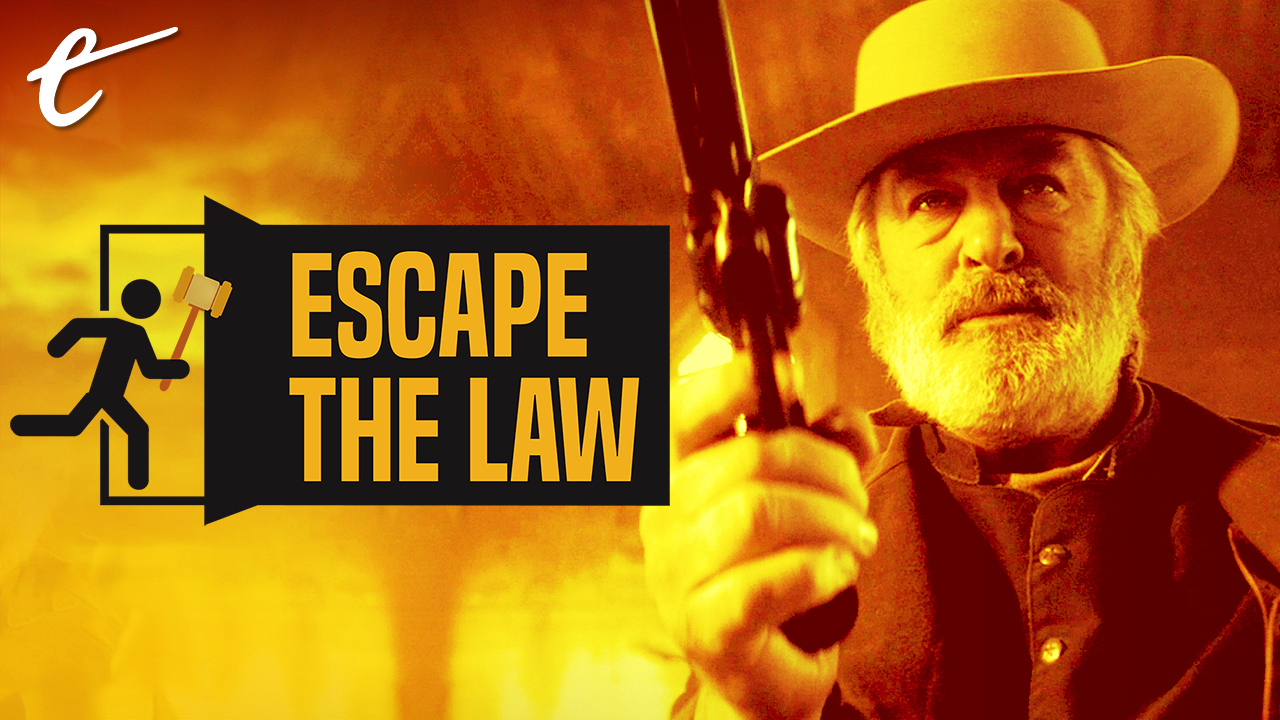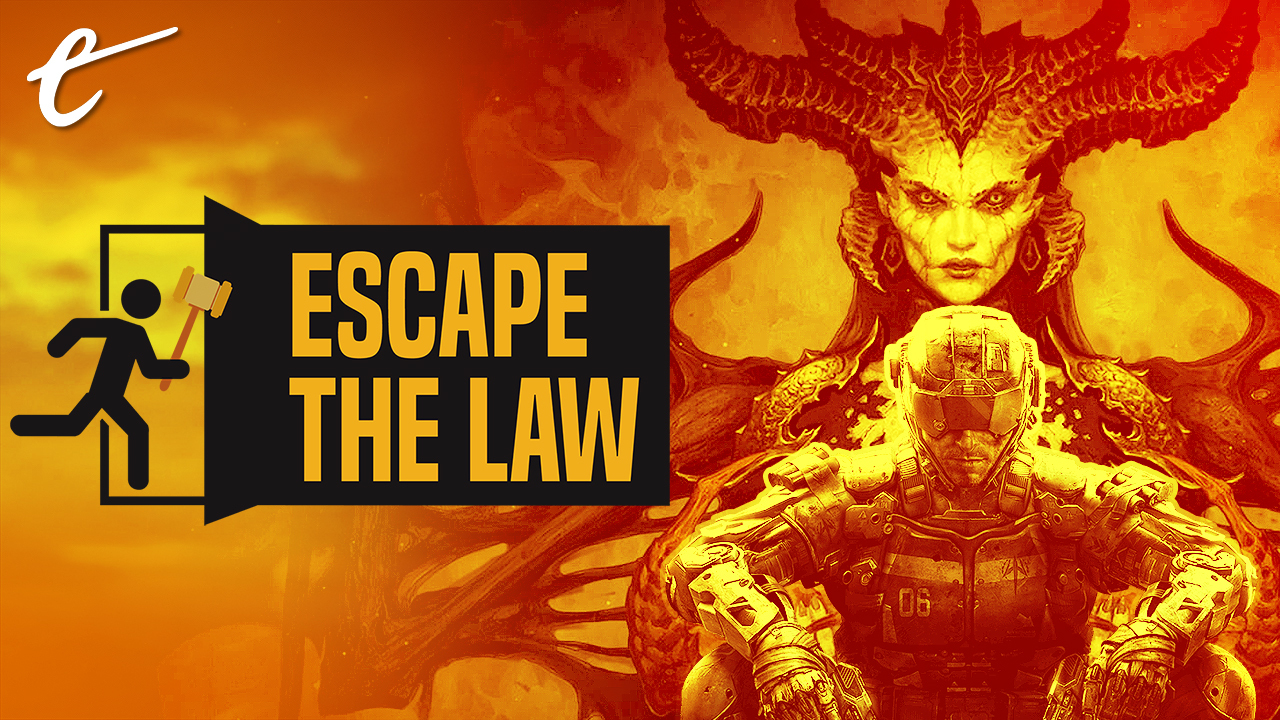Two weeks ago, Deadline reported that Spider-Man would be leaving the Marvel Cinematic Universe after Disney and Sony failed to reach an agreement on funding and revenue sharing for future Spider-Man films. Spider-Man’s departure puts Sony and Marvel in a tricky position. Tom Holland’s Spider-Man has never existed outside of the MCU, and his character is heavily influenced by MCU characters like Iron Man and Happy Hogan and events such as the blip and the plot of Captain America: Civil War. As a result, it would be pretty strange if Sony ignored those relationships and events in future Spider-Man movies.
The MCU faces a similar problem. The events of Avengers: Endgame and Spider-Man: Far From Home built Spider-Man up as the next Iron Man. Given Spider-Man’s significant role in the MCU, it would be weird for the character to simply disappear. So where does that leave us? In the absence of a license agreement, what can Marvel and Sony do to protect their now separate cinematic universes?
An examination of an older version of Sony’s Spider-Man license can provide some insight. Last week, I explained how Sony ended up with the film rights to Spider-Man and used previous license agreements to show how Marvel and Sony approach the license agreement process. The major takeaway from that analysis was that the two companies use “contingency thinking” to attempt to predict and account for every possible outcome in their license agreements, which means they must have accounted for the possibility that the Spider-Man sharing agreement would break down and agreed to a set of ground rules that would govern how the two studios would handle the dispute.
With that in mind, we can consider a few options for Marvel and Sony in the post-Spider-Man-sharing world.

Option Zero: Agree
It’s kind of a cop-out, but the first option is for Marvel and Sony to reach an agreement. A lot of people think this is inevitable, and it’s hard to say that they’re wrong. There’s so much money up for grabs; it’s virtually inconceivable that Marvel and Sony won’t reach an agreement. But that’s not why you’re here, so let’s move it along.
Option One: Honorable Mention
The fact that Tom Holland’s Spider-Man is no longer part of the MCU does not mean that his past experiences suddenly disappear. The most sensible solution to the Sony/MCU split would be to allow both Sony and Marvel to reference past events and character relationships in future movies. For example, Spider-Man could refer to his relationship with Iron Man or the effect of the blip, and Ant-Man could reminisce about the time he fought Spider-Man at the airport. This would give both Marvel and Sony the ability to gracefully distance themselves from the opposing property without requiring any additional oversight, interaction, or permission from the other side. Since the studios would only reference past events, there is little or no risk that these references would disturb the continuity.
There’s another reason why the honorable mention approach is promising. The need for a license agreement is rooted in copyright law, but copyright only protects full characters. Writers don’t need a license to simply reference a character or popular event. That’s why Sam Raimi’s 2002 Spider-Man could reference Superman and why Black Sabbath could make the hit song “Iron Man.” Even if Marvel and Sony didn’t agree to allow mentions, there’s a strong argument that either studio could do it anyway.
The biggest downside of this option is that it would lead to some confusion regarding which cinematic universe is the real MCU. Sony and Marvel would be working from a shared history, but the Spider-Man split would create a branch point in the cinematic universe.

Option Two: Honorless Mention
If Sony and Marvel decided not to allow direct references to past events or characters, they would certainly be allowed to make oblique or indirect references. A copyright would not prevent Tom Holland’s Spider-Man from saying, “These past five years have been pretty rough,” or stop Aunt May from comforting a gloomy Peter with a vague could-be-Uncle Ben-could-be-Iron Man comment of “You miss him, don’t you?” In fact, the writers of Ant-Man used this method to refer to Spider-Man before he joined the MCU. Since these references would be vague and catch-all, they wouldn’t be as satisfying as the honorable mention version, but they could still get the job done.
Option Three: Shared Supporting Characters
Sony and Marvel’s previous license agreement recognizes three categories of characters: Sony only, Marvel only, and shared. In order to bridge the gap between the two studios and reduce the risk of a deal breakdown, Marvel and Sony could have agreed to move some characters over to the “shared” category. Since Happy Hogan featured prominently in both Homecoming and Far From Home, Sony might be able to continue using him in future Spider-Man films. Similarly, Marvel might be allowed to have Aunt May appear with Happy in a future MCU film. Of all the options discussed here, this one is probably the least likely since it heavily favors Sony and has little or no benefit for Marvel.
Option Four: Retcon
There’s good reason to think that Marvel’s Phase 4 will involve an exploration of the multiverse. If that’s true, then it shouldn’t be too hard for Marvel to simply restructure the universe to create a world without Spider-Man. This would create a good explanation as to why Spider-Man suddenly disappeared, and it could be done without any explicit reference to the character or his history. This is a version of the “he died off-screen” trope, but it also leaves the door open for a future Sony deal or rights reversion.

Option Five: Night Monkey
I didn’t come up with this theory, but since it has made the rounds on the Internet, it’s probably worth addressing. The idea is that Marvel can make a Night Monkey movie, based on the Spider-Man alter ego that debuted in Far From Home.
The Internet gets points for creativity, but this option is a non-starter. As explained in last week’s post, the Marvel/Sony license agreement grants Sony exclusive film rights to any new character that first appears in a work with “Spider” or “Spider-Man” in its title. Spider-Man: Far From Home certainly qualifies as such a work, so Night Monkey is a no-go. What’s more, Marvel cannot even make a Night Monkey equivalent, (Let’s call it Bright Monkey.) since the character shoots webs and has spider-like powers. Marvel could make an all-new Monkey Man character — but if it’s different enough to not need a license, they might as well not bother.
Marvel fans were not happy to learn that Spider-Man would no longer be part of the MCU. Some mourned and others protested, but the general sentiment was the same — we want Sony and Marvel to come back to the table. While I am part of the Spider-hungry majority, I also know that comic book characters never disappear forever. They might end up on ice for seven or eight decades, or get thrown into a burning smokestack, but these characters always come back. For Spider-Man, it’s just a matter of time.






Published: Sep 8, 2019 11:00 am